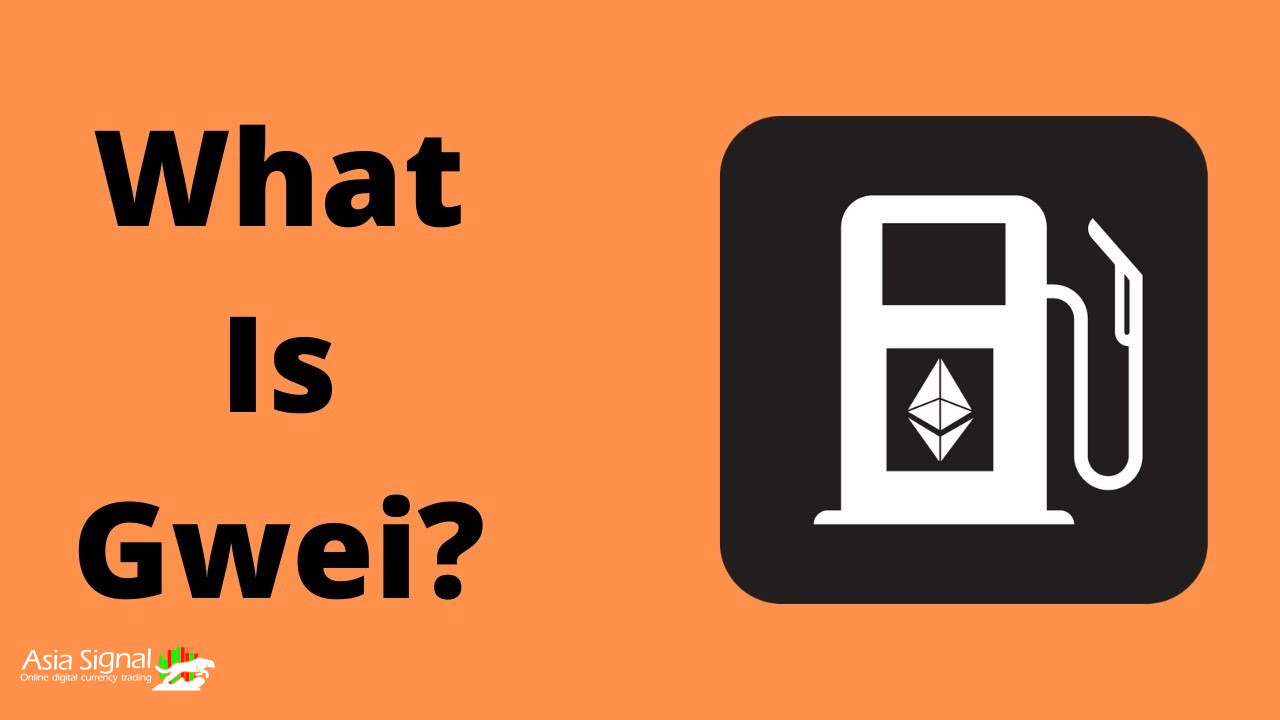Understanding Gwei: The Essential Unit in the Ethereum Ecosystem
In the world of cryptocurrencies, Ethereum has emerged as one of the most prominent platforms, offering a wide range of decentralized applications and smart contracts. Central to the functioning of the Ethereum network is its native currency, Ether (ETH), which facilitates transactions and incentivizes network participants. Within the Ethereum ecosystem, Gwei plays a crucial role as a subunit of Ether, providing a granular measure for transaction fees and computational costs. In this article, we will delve into the concept of Gwei, its significance, and its implications within the Ethereum ecosystem.

What is Gwei?
Gwei, short for Giga-Wei, is a denomination of Ether, the native cryptocurrency of the Ethereum blockchain. It represents a fraction of Ether and serves as a unit for measuring transaction fees, gas prices, and computational costs within the Ethereum network. One Gwei is equivalent to one billionth (10^-9) of an Ether. This subunit allows for precise measurement of the costs associated with executing transactions and running smart contracts on the Ethereum blockchain.
The Role of Gwei in Ethereum Transactions
In Ethereum, transactions and smart contracts require computational resources to be executed on the network. These resources are measured in "gas," which represents the amount of computational work required. Gas fees are paid by users to incentivize miners to validate and execute transactions. The cost of gas is denominated in Gwei.
When users initiate transactions or interact with smart contracts on the Ethereum network, they specify the amount of gas they are willing to pay for the execution of their transaction. This gas price is measured in Gwei and represents the fee per unit of gas consumed. Miners prioritize transactions based on the gas price offered, with higher gas prices typically resulting in faster transaction processing.
Importance of Gwei Precision
The use of Gwei as a unit of measurement provides users with granularity and precision when setting transaction fees. By specifying gas prices in Gwei, users can tailor their transactions to meet their specific requirements, balancing speed and cost-effectiveness. This precision is essential in optimizing transaction throughput and network efficiency, particularly during periods of high congestion.
Furthermore, Gwei allows users to accurately assess the cost of interacting with smart contracts and decentralized applications on the Ethereum network. Developers can estimate the computational expenses associated with deploying and executing smart contracts, enabling them to design efficient and cost-effective applications.
Conclusion
In summary, Gwei plays a fundamental role in the Ethereum ecosystem, providing a precise unit of measurement for transaction fees, gas prices, and computational costs. As a subunit of Ether, Gwei enables users to specify and optimize the costs associated with transactions and smart contract interactions on the Ethereum blockchain. Its granularity and precision are essential for maintaining the efficiency and scalability of the Ethereum network, ensuring smooth operation and widespread adoption of decentralized applications.
Asiasignal has collected the Best Forex Signal Channels for you.

















Comments